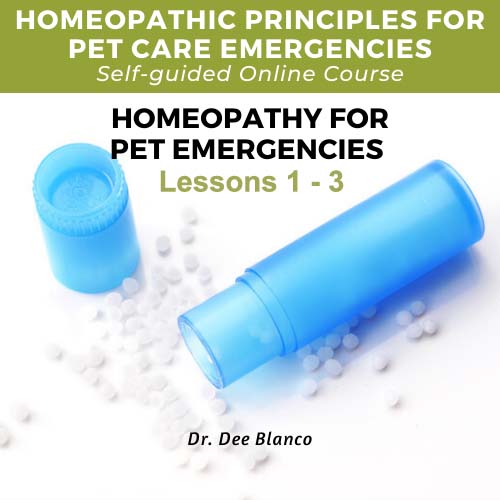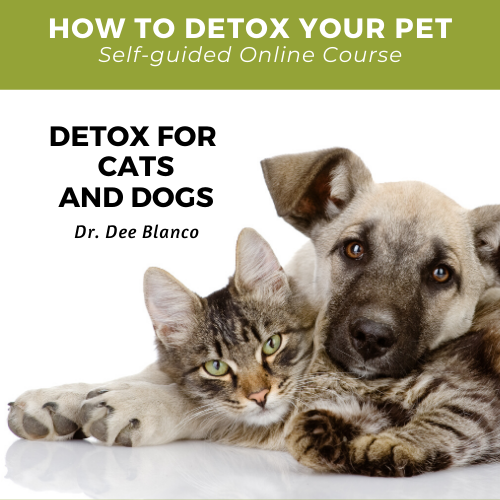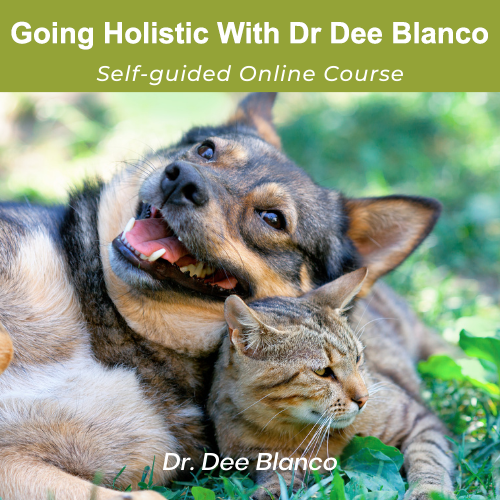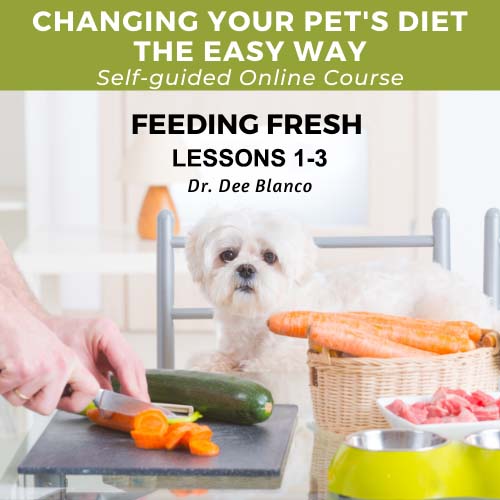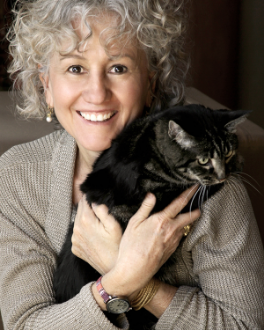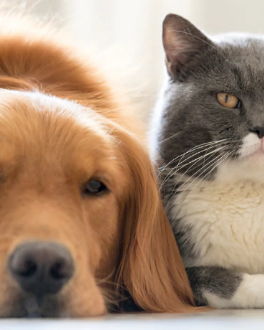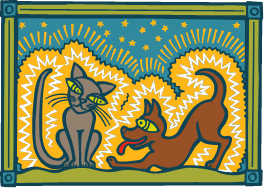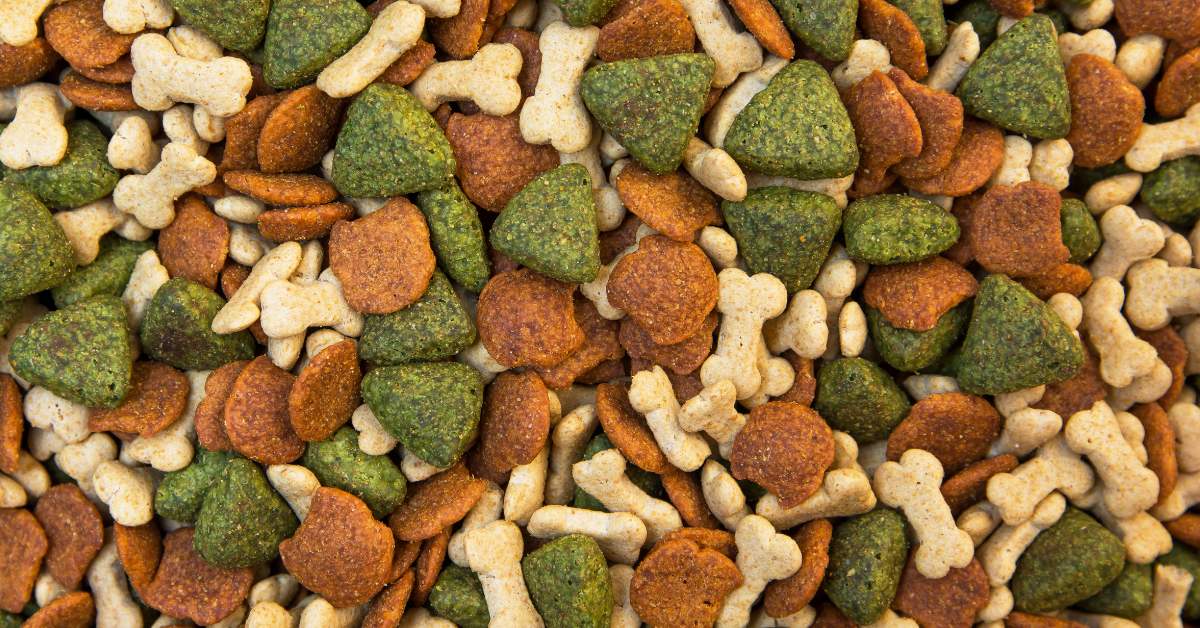Such strange and wild times are these! Times of great darkness and amazing light. Long overdue exposés of women (and some men) objectified by men in positions of power. "Ag-gag" laws that criminalize whistleblowers exposing animal abuses in agriculture. Mandatory vaccinations of children, animals, and medical care workers. These and situations like them may appear to be unrelated, but, they are all symptoms of one and the same root problem: an unconscious perceptual habit causing much unnecessary suffering.
The History of Consciousness
We all tend to believe that the way we are conscious of ourselves and the world is the way everyone else is and always has been. But, this is not so. Ancient peoples, for example, had a very different form of consciousness.
Our ancient ancestors collaborated with the plants, animals and spirits of the natural world through what the philosopher Martin Buber calls an I-Thou relationship.
I-Thou relationships acknowledge the differences between the entities involved while in no way separating them. In an I-Thou relationship, the I is the respect I hold for myself, which is equal to the respect I hold for Thou. There is no "other," only "we." All are connected, valued equally as part of a greater whole, all "at-one with each other" and the world. The "other" is not a potential threat to me, but, rather, a part of the great and beautiful world. Harming the "other" actually harms myself.
This earlier form of consciousness is still very alive today in the indigenous world. From ancient times the native Iroquois have ended their consensus-based community meetings with the words, “And now our Mind is One.” This statement is clearly a recognition of a deep connection with all that is. The Moken people of the Andaman Islands in the Indian Ocean were able to survive the deadly 2004 tsunami because they said the fish, birds, and insects told them it was coming.
The Cheyenne of North America tell us, “Long ago, men, animals, spirits and plants all communicated in the same way. But, then something happened...”
The Subject-Object Split
What happened was a new form of consciousness: the subject-object split. Buber calls it an I-it relationship. It doesn’t matter if the "other" is friend or enemy, bacteria or virus, ethnic peoples, cat lovers, progressives or conservatives, male/female or any combo, the mind of the I-it person automatically polarizes and objectifies. An I-it relationship is the opposite of an I-Thou relationship. It sets the hierarchical stage for me versus you, us versus them, and master versus slave. This is such a prevalent mindset today that it requires training to recognize and heartfelt discipline to overcome.
The Role of Language: Different languages organize our experience in different ways.
Some languages like English, with its subject-verb-object structure, reinforce the subject-object split.
For example: I do something to/with my dog. Other languages de-emphasize subjects and objects (the doer and the done to) and instead emphasize the verb in a way that produces a description of the world that is quite foreign to English speakers, yet, is so beautiful that we cannot help but be deeply moved. In the Blackfoot language, for example, the word for dog is: Eemi-daugh, which literally means: an awareness or consciousness on the move. Doesn’t that more directly, more elegantly, and more accurately describe our experience of "dog?" It poignantly speaks to the heart of all things "dog."
Some languages actually reinforce I-Thou rather than I-It relationships. For example, in the language of the Mayan people of Central America there is no way to say "I am" without saying "who I belong to." They all belong to each other, no separation.
Where and When Did The Split in Our Relationships Begin?
In the ancient world, the Earth and all its creatures were honored together as a Goddess. She was called the Mother of Mothers, The Great Mother. The Greeks called her Gaia, or Demeter. Their community-oriented rituals celebrating Her were more than potluck dinners. They were celebrations of their at-one-ment with each other and Her. The Greeks said they held the whole human race together. One of them, the Eleusinian Mysteries, was an experiential gathering where psychotropic plants were ingested by up to 40,000 people. The ability of the community to find one mind in this way helped to maintain harmony, respect, and equality. There was no "other," only "we." Maybe we could put some of those plants in our water systems instead of toxic fluoride, drugs and lead to help bring us some harmony!
Eventually, the Greeks abandoned this community ritual and it’s unique method of re-integrating the populace after the Goddess shrines were all re-dedicated to male deities. The feminine was dethroned. The rise of the patriarchy, the introduction of alphabetic literacy, the birth of philosophy and science, the subject-object split, and the separation of our minds from the natural world and from each other were all the beginning of a process that continues right to this day.
What Does All This Philosophy Mean For You and Your Animals?
If language provides a framework for our thinking, English creates a linear model that moves from left to right. Nothing is to be left undone. Nothing is to be vague. This linear use of a language of separates (subject-object split) supports the scientific method of reductionist thinking. Science separates the scientist from his/her object of study. The subject (the scientist) dissects the object to its minute parts with the hopes of understanding the object more deeply. But, as any student of modern physics knows, we are more than the sum of our parts!
The scientific method serves us well in many circumstances. But it also has a dark side. It has uprooted the mindset of "at-one-ment" and downplayed humanity and kindness towards our fellow "other" by creating an arms-length separation from the plant/animal/mineral being studied under the guise that all science is good and necessary for progress. This worship of the science god creates a slippery slope for humanity as we grapple with our need for connection in our global techno-culture. Ironically, the search for a truly objective science has been proven illusory by quantum physics, which demonstrates that there is no real separation between the scientist and the object of study! If scientific inquiry was constructed on a foundation of humane treatment of anyone or anything being studied, our arms-length mindset would not exist. All study would be anthropological because "all" would be "us."
As every loving animal guardian reading this article knows, we are intimately connected to our furry family; but, are we truly serving them well?
The answer to this question starts with supporting their needs and their innate nature which then results in their robust health. We best do this when we’ve learned to become at-one with them.
Answering the question of "How can I best serve my animal?" begins with really listening to them and asking these two questions: "What truly serves them and their health?" and "How can I find support as I learn what they need?" When we answer that question truthfully we must ask: is what I think they need truly at-one with the needs of the rest of the planet?
Could our powerful drive to live closely with our animals really be our desire to remember our at-one-ment with a natural being, to reconnect profoundly with the "other?" Our animals are so beautifully, perfectly their natural selves. No inhibitions, no acculturation. Domestication yes; but, really, they are our best teachers for how to reconnect with the natural world insuring a return to wholeness and health for all of us. Ah….(deep breath).
So, how does this relate to our animals, the animals, all animals?
In a nut shell: our consciousness or lack thereof about animals, their use (yes, use), treatment, and purpose in our lives is still largely conditioned by an I-it perspective. Our animal laws that reflect property and ownership rather than guardianship (as with children) and stewardship (as with land and some wildlife) form the unspoken basis or bias of our behavior.
Whether they be in factory-farmed pens, hunted for their tusks, or being used by fear-mongering medical businesses, the animals are all part of "us" and part of the greater whole that needs to be respected, not objectified, used, or trashed.
If we do not acknowledge human rights are animal rights and planet rights, we are doomed to continue creating the world of suffering we currently have.
Don’t all the creatures on The Great Mother deserve more?
As we relate with the personal stories of the #MeToo movement, can we do the same for our animals who have been disrespected? We women are pretty darn sure when we’ve experienced the objectification of sexual harassment, but, can we learn to recognize all the ways we unconsciously objectify our beloved animals? Our natural resources? Should we start a #MineToo movement for those who have experienced, watched with broken hearts and nauseated stomachs, the opposite of an I-Thou respect for my animals?
Awareness raises consciousness and we certainly could use more respectful, humane thinking and action.
